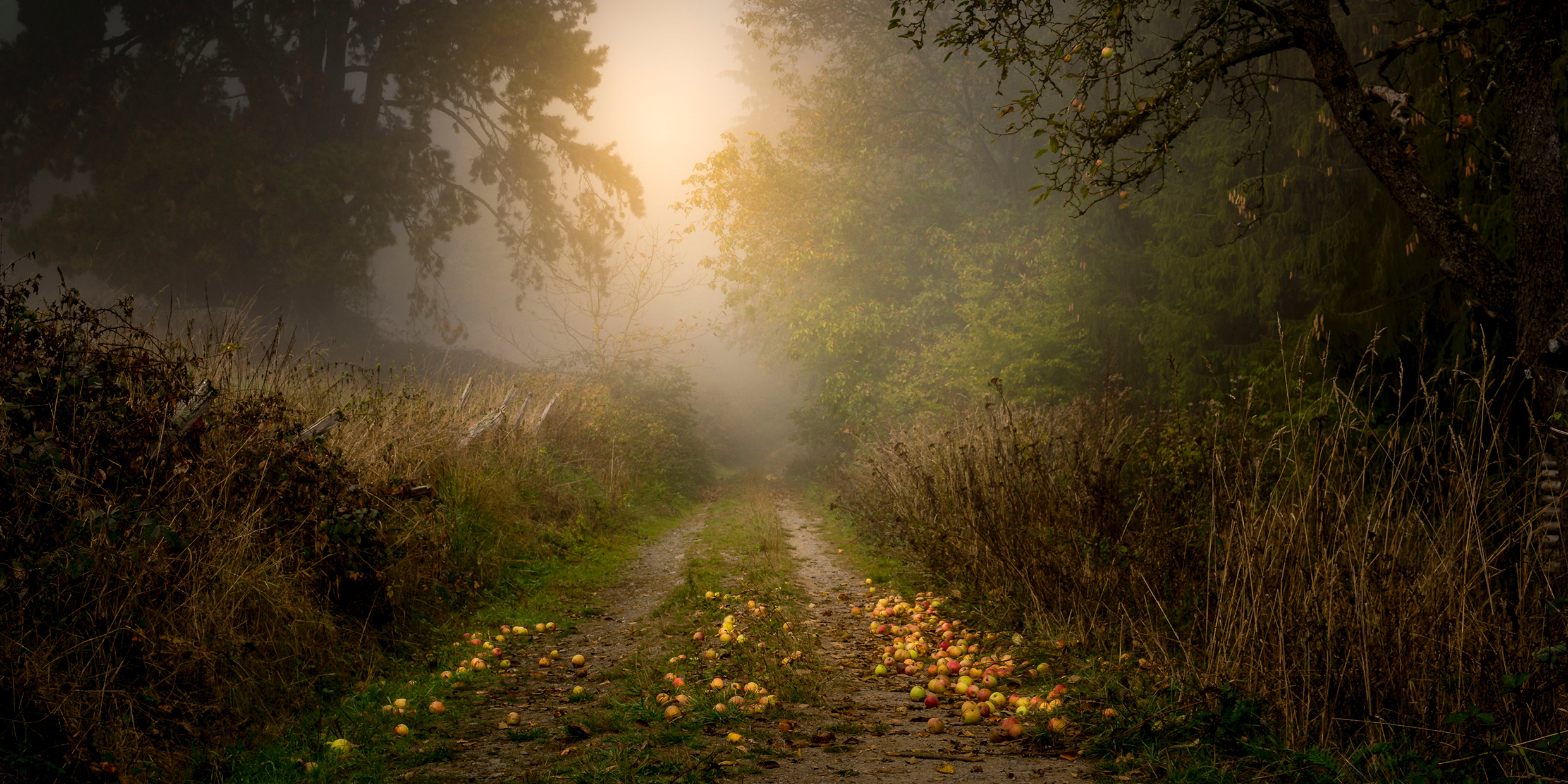Originally published 17 April 2001
Yet.
Such a little word. Such a feisty little word.
I’ve been reading again those two fine books of recent times, Edward O. Wilson’s Consilience, and Wendell Berry’s Life Is a Miracle. When Wilson wrote Consilience, he surely knew that his call for the unification of all branches of knowledge (including art, morality, and religion) under the flag of science would raise a few hackles. He couldn’t have asked for a more exhilarating rejoinder than Berry’s scrappy Life is a Miracle.
Two brilliant men — one a Harvard biologist and world-famed founder of sociobiology, the other a Kentucky farmer and author of dozens of books of poetry, fiction, and nonfiction — jabbing at each other with that little stiletto word, yet.
Two men who care passionately about the environment. Two champions of conservation with diametrically opposed views of what it is we mean to conserve and how we might conserve it, marching to the fray armed with the same little weapon, yet.
For Wilson, yet is humility. For Berry, yet is arrogance.
How can such a little word bear such a burden of meaning?
Wilson is profoundly impressed by the power of the scientific method to unravel the secrets of the world. Just look at what we have learned so far — the whirling maelstroms of the distant galaxies, the dervish dance of the DNA. Who can say of the reach of science, this far and no farther? We are products of our evolutionary history, biological and cultural. There are no gods, no spirits, no ghosts in the machine. The world is based on discoverable laws, and we are part of the world. Our lives and loves and hopes and dreams are part of this world, and, therefore, potentially knowable.
We just don’t know them yet.
The word yet, for Wilson, is a hedge on overreaching, a confession of present ignorance, an expression of confidence in future understanding.
And, for Berry, the opposite.
Wilson’s yet is a taunt, Berry states: “He cannot bring himself to say that scientists do not know something; he must say that they do not know it yet.” Yet is Wilson staking a claim on things he cannot know and will never know. Yet is a denial of limits, the squeak of hubris, the antithesis of humility.
The things that make us human — locality, particularity, our uniqueness — are beyond the reach of empirical science, Berry asserts. Life is a miracle, never, ever to be reduced to chemistry and physics. To experience life is not to “figure it out” but “to suffer and rejoice in it as it is.” There is simply no “not yet” about it.
Yet has consequences, Berry states.
A mystery scheduled for solution is no longer a mystery; it is a problem. And who can love a problem? Who can cherish an agenda? If life is just a biochemical machine, a conflation of nature’s unalterable laws, then why bother saving it? People exploit machines. They defend what they love. And no one loves a machine.
Yes, indeed, yet has consequences, Wilson states.
Yet is the Enlightenment belief “that entirely on our own we can know, and in knowing, understand, and in understanding, choose wisely,” he insists. To say that history unfolds by processes too complex for rational analysis is a cop-out, a surrender of our human rationality, the lazy modern equivalent of “it’s the will of God.” If we are going to save the environment, we better know everything we can about what it is we mean to save. If life is truly “a miracle,” then our best efforts will come to naught. Rationality and will are powerless in the face of miracles.
This much is certain. Without yet, science is impossible. Science works on the border between the known and the unknown, pushing back the tide of mystery. For the scientist, yet is a statement of faith that the game is not over yet, that more knowledge is yet to be gained, that the human rational enterprise has years — centuries, millennia, maybe forever — yet to run. In all of this, Wilson is on indisputable ground.
And yet, Berry is right, too. The greatest questions of art, literature, and religion so far stand undiminished by the astonishing progress of science, and it’s hard to imagine how and when it might be otherwise. Why is there something rather than nothing? Why do the innocent suffer and the wicked prosper? Why, when we look into the starry sky or the face of a beloved, are we struck dumb with wonder?
Why does one man die strong, hale, and happy, while another dies in bitterness of soul and without riches? And yet — and yet — and yet they shall sleep together in the dust and worms shall cover them.
Even the most skeptical and secular Wilsonian might accede to Eliu’s request in the Book of Job: “Suffer me a little…for I have somewhat yet to speak in God’s behalf.”



